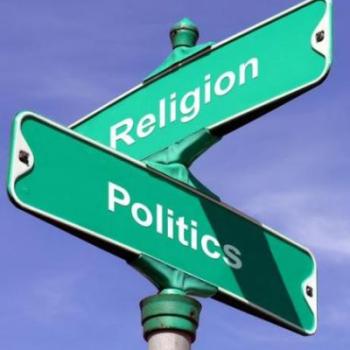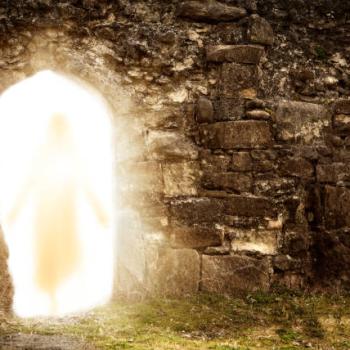 The Fourth of July, the celebration of our nation’s independence, is near. I have been thinking about what makes America great – and what does not. I argue here that the words “under God” in the Pledge of Allegiance are a much better clue to that greatness then the loud cries of “America first,” which one hears in the politics of today.
The Fourth of July, the celebration of our nation’s independence, is near. I have been thinking about what makes America great – and what does not. I argue here that the words “under God” in the Pledge of Allegiance are a much better clue to that greatness then the loud cries of “America first,” which one hears in the politics of today.
The phrase “under God” was added to the Pledge of Allegiance in 1954. With the rise of atheism and the “nones,” that phrase has become controversial. I hadn’t formed a definite opinion on the issue, but I couldn’t help sympathizing with the atheists. Why should they be required to show their patriotism by paying tribute to a deity that they don’t believe in? But now that “America first” has become a rallying cry for a divisive and even mean spirit in American politics, I’ve begun to like “under God” better. It says, as our fouding documents say, we believe in something other than ourselves. America needs to be under something.
I would like a little honesty here. Contrary to what one hears, there are no politicians or significant group of ordinary Americans who put any other country ahead of America. In American politics there has never been an America-second movement, and there isn’t one today. So what does “America first” really mean? If it’s saying anything at all, I’m afraid it’s something like this quote that I found:
To be nationalist is to be always ready to give up any doctrine, any theory, any ideology, feelings, passions, ideals, and values, as soon as they appear as incompatible with the supreme loyalty which is due to the Nation above everything else. … There is no place, nor should there be, nor could there be place for nationalism as a simple instrument to another purpose that transcends it.
That statement by a Brazilian general is quoted by Walter Wink (The Powers that Be: Theology for a New Millennium, p. 58.) Compared to rhetoric of the “America first” kind, it’s more explicit but otherwise not much different. What else can “America first” mean when it comes with policies that:
- cut already slim foreign development assistance budgets,
- reduce to a fraction an already meager quota of refugees fleeing from the results of our own misconceived policies in the Middle East,
- separate children from their parents as a deterrent,
- take the country with historically the heaviest carbon footprint out of an international agreement to limit global-warming gases,
- excuse ourselves from multi-national economic agreements in favor of bilateral negotiations, where we are always the strongest,
- in short, place the selfish and short-term interests of America (really only the richest part of America) above much of what the Bible teaches.
You know something is wrong when athletes are called a traitors for reminding us what is wrong in our country during the National Anthem. “They’re not putting America first.” Of course not! There is something higher and deserving of greater loyalty. What transcendent purpose is served by labeling and punishing these conscientious Americans? This is nationalism just like the Brazilian general’s. It knows no higher purpose.
I have sympathized with my friends, both atheist and Christian, who believe the words “under God” should be removed from the Pledge of Allegiance. Now I’m being pushed back to liking “under God” in the Pledge of Allegiance. But there’s one caution: We have to be serious about “under.” There has to be something that we are under, or “God” is just Ourselves with a capital letter and we become gods in our own eyes.
Wouldn’t being under something or other, something real in its own way, be just about the right place for a person or a country even if there were no god such as religious people believe? If so, then we should give it a name. Perhaps the name “God,” which has always served a variety of meanings, might symbolize that something even for an atheist – at least until a better word can be found.












